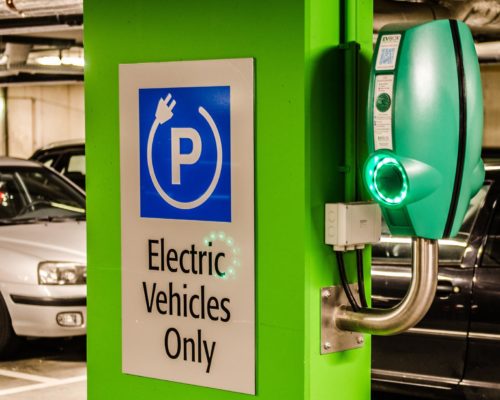Region

The Latest PDP8 Vietnam Draft – Focus on Renewable Energy and a Drastic CO2 Emissions Reduction
The latest draft of the Vietnam PDP8 sends the positive signal that the country is no longer looking in the direction of fossil fuels. Instead, it is further diversifying its low-carbon power sources, planning for notable clean energy growth and a massive CO2 emission reduction.

Are Large Japanese Companies Living Up to their Climate Commitments in 2022?
The climate and sustainability-related pledges of Japanese companies are a reflection of the government's commitment. While on paper everything sounds ambitious, the reality is there is much work left to be done on both micro and industry levels.

The Energy Mix Review in Japan – A Glimpse of the Future
The energy mix review in Japan will show the world how determined the country is to fulfil its 2050 net-zero goal and ensure a green future.

Japan’s EV Sales Boom: The Hunger for Electric Cars
Historically one of the world's leading auto manufacturers, Japan is lagging behind China and the West with EV's. The country must expand its work in the EV market, even if it comes at the expense of its hydrogen projects.

Hyundai Motor Group Affiliates Join RE100
Four of Hyundai Motor Group's major affiliates announced they are joining RE100, a global initiative of corporations pledging to reach net-zero in their operations. This is an important shift for South Korea's second-largest company and will hopefully put pressure on other industry leaders to follow suit. Now it falls on the South Korean government to promote the development of renewable energy infrastructure to support these targets.

Accelerating Japan’s Energy Transition: A Possible and Much-Needed Mission
Nothing is stopping Japan from becoming a climate leader except for its own actions. If it abandons fossil fuels and embraces renewables, it could build a resilient, sustainable and self-sufficient energy system.

The Philippines’ Presidential Candidates 2022 Should Pursue Renewables and Halt LNG
Halting LNG expansion plans may be against the dominant trend in Southeast Asia, but the Philippines' presidential candidates must make the tough decisions if the country wants to mitigate its finance, energy dependence, stranded asset and climate risks.

Japan’s Coal Obsession
Japan is one of the largest fossil fuel advocates. Its unwillingness to abandon fossil fuels is costly for all of Asia and the globe.

China’s Coal Imports Drop and the Imminent Effect on Coal Exporters
China's latest decision to reduce coal imports has shocked countries like Australia. Yet, aside from the challenges there are opportunities.

The Japan Net-Zero Commitments: Ambitious and Honest or Unrealistic and Hypocritical
Japan should be at the forefront of the clean energy transition. While the country has made multiple pledges, its actions and meaningful results are still lacking.
Debunking Net-Zero in Asia: Is It Even Possible?
Net-zero by 2050 in Asia is the desirable scenario, but, judging by the current progress,...

Plastic Pollution: Big Brands’ Greenwashing of Plastic Waste
A Reuters study suggests that less than 10% of all the plastic ever made has been recycled due to how costly it is to collect and sort it. However, plastic production will double within 20 years. While the problem comes from a single source, the consequences affect everyone.
Most Popular
Categories
-
9
-
33
-
126
-
4
-
17
-
43
-
52
-
11
-
15
-
10
-
24
-
6
-
6
-
249
-
196
-
14
-
23
-
1
-
1
-
23
-
38
-
42
-
84
-
18
-
81
-
41
-
17
-
10
-
40
-
43
-
86
-
284
-
21
-
40
-
35
-
10
-
41
-
36



